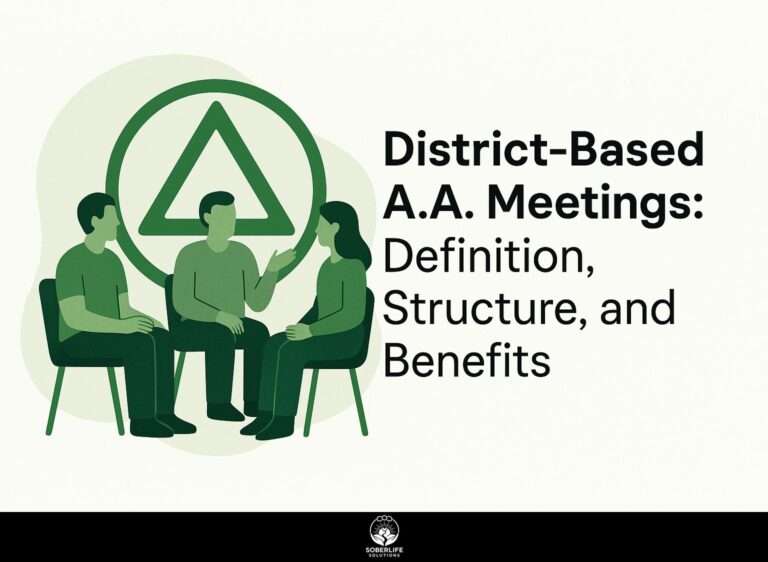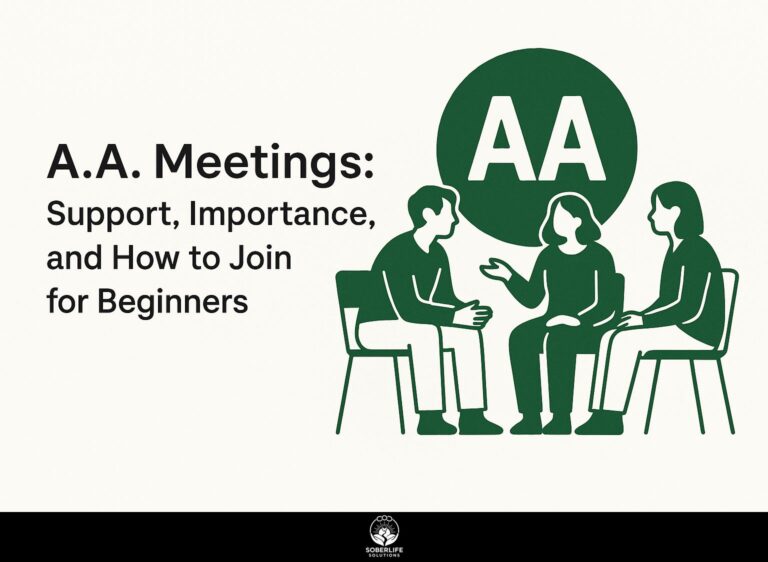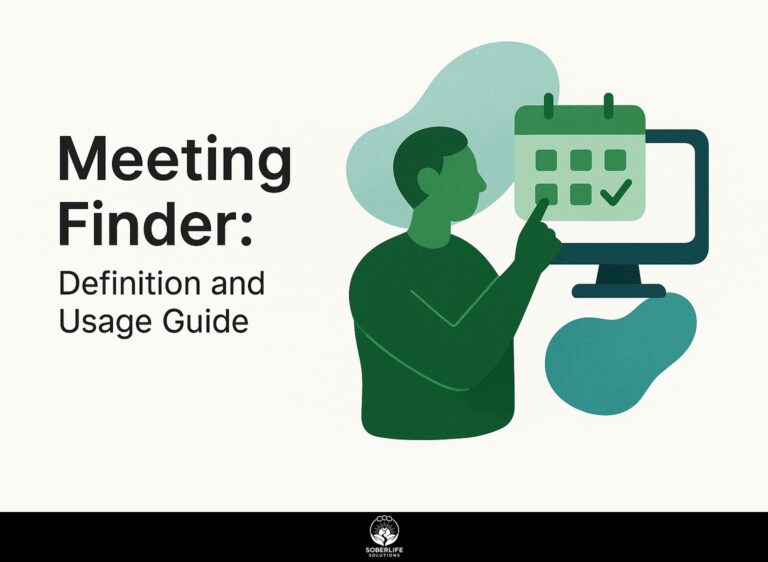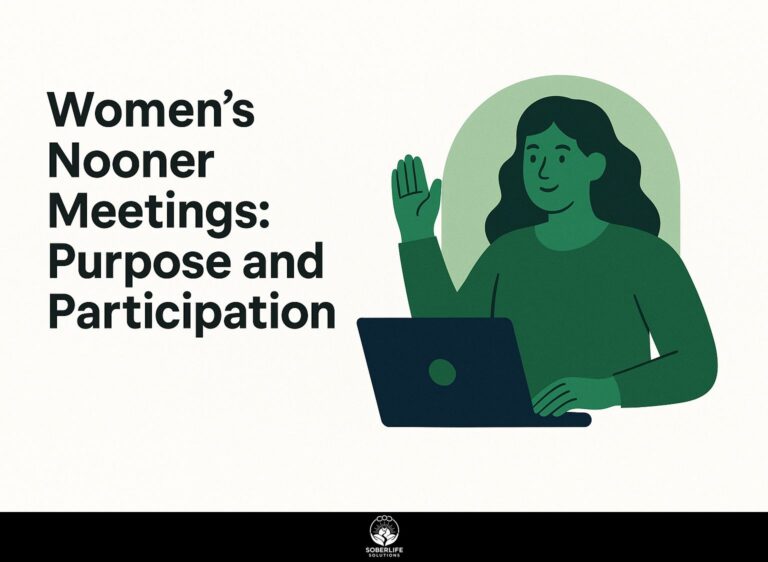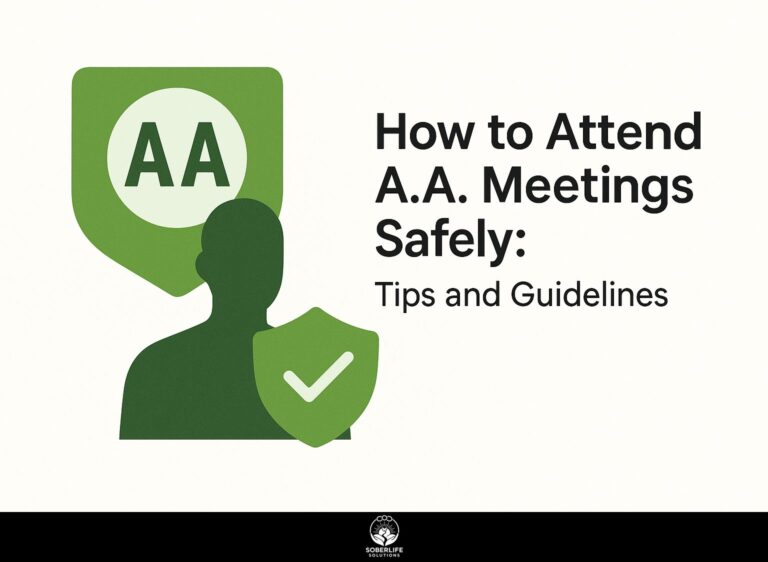Why A.A. Meetings Are Essential: Addressing Challenges and Support
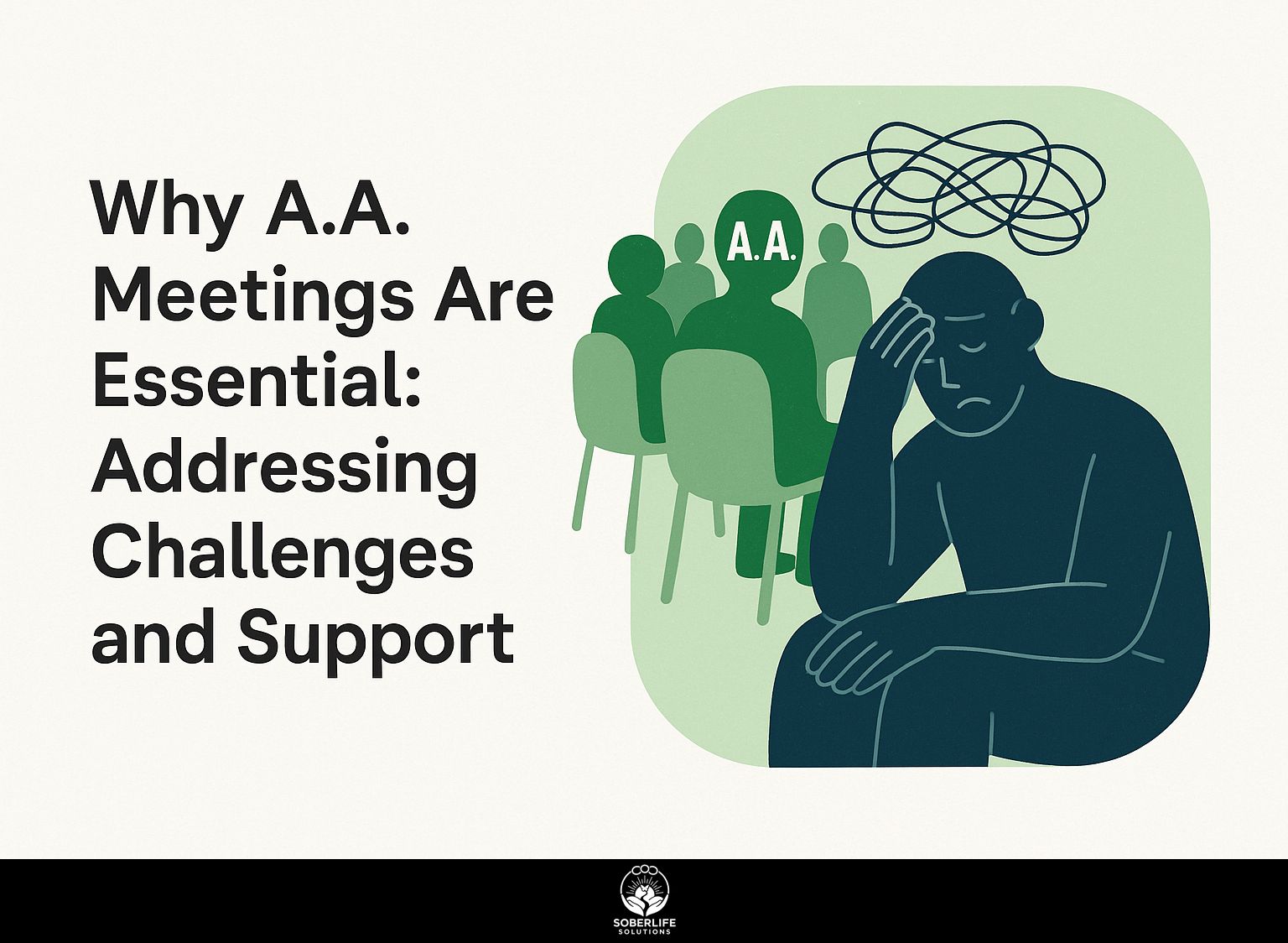
A.A. meetings are important support groups for individuals facing alcoholism. Organized by Alcoholics Anonymous and supported by members like John F. Kelly, these meetings help create a feeling of togetherness and common knowledge. In this article, we’ll look at how A.A. meetings offer essential support, tackle common challenges in recovery, and highlight the importance of connecting with others aiming for a healthier, alcohol-free life. Be a part of our meetings to see how they can make a real difference.
Key Takeaways:
The Importance of Community Support
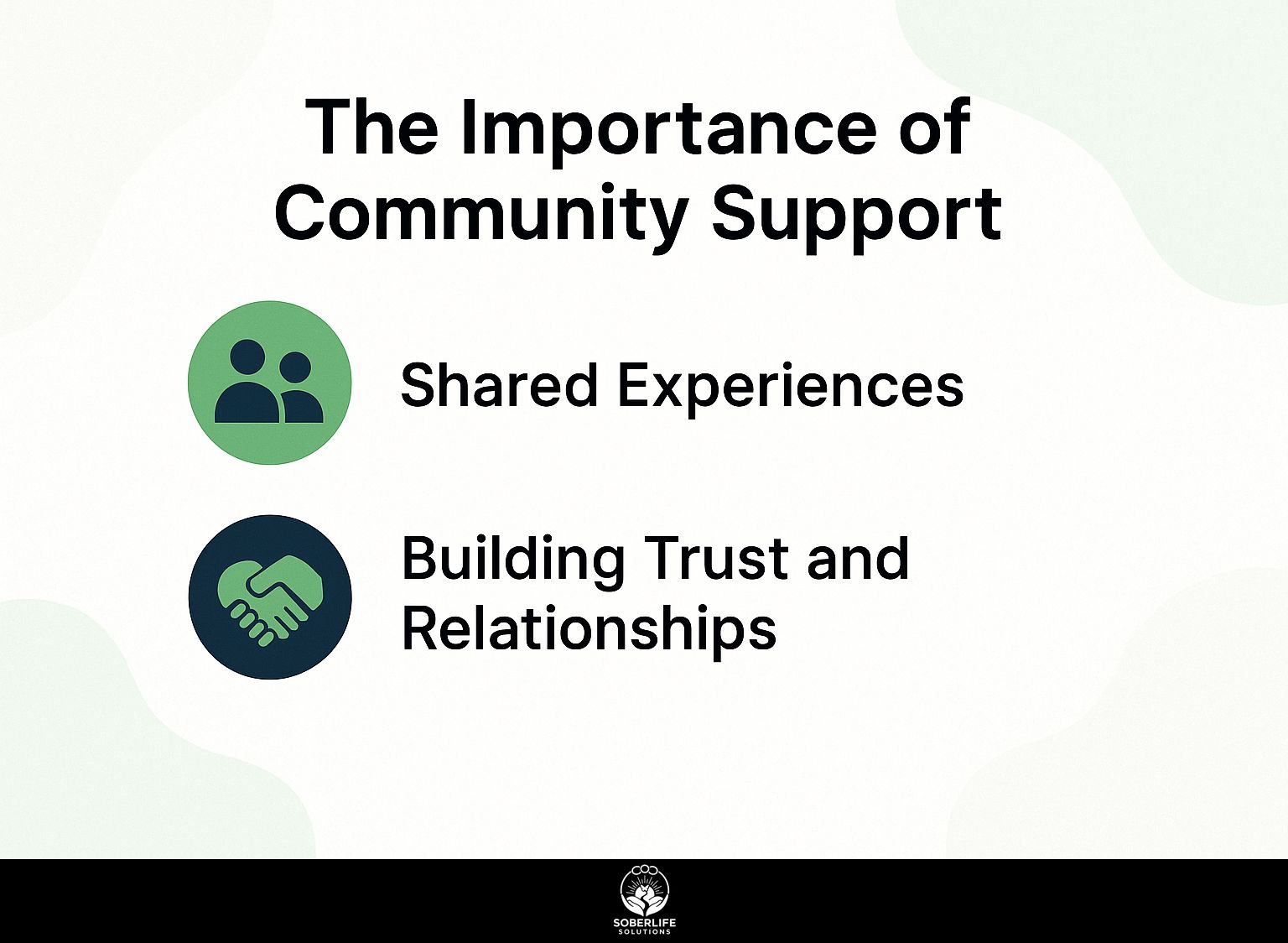
Community support is important for maintaining recovery, providing A.A. members with a network of unity and shared experiences. Research published in Nature indicates that effective support provision can significantly enhance recovery outcomes (our guide on building an accountability network offers practical strategies for this).
Shared Experiences
Sharing personal stories in A.A. meetings builds connections and helps people understand each other as they work through addiction.
Sharing stories in these meetings helps members talk about their problems and successes, turning the idea of addiction into something real.
For example, when a person shares their experience of slipping back into addiction after ten years without drinking, it shows how delicate staying sober can be. Someone else might talk about how losing a loved one made them look for help, showing why support is important.
These stories help people face their problems and achieve successes that textbooks cannot provide. These stories offer hope, showing that recovery can happen and highlighting the community’s resilience.
Building Trust and Relationships
Creating trust in A.A. meetings makes a safe space where members feel comfortable to speak openly and help each other.
To build trust, members should keep shared personal stories private during meetings.
Consistent attendance also strengthens relationships; regular participants become familiar faces, creating a sense of belonging.
A long-time member once said, “The fellowship is what keeps me accountable and connected.”
Sharing experiences during meetings can deepen bonds, encouraging members to open up.
Highlighting these practices encourages an environment of acceptance and strengthens the basics of recovery, showing how community is important in healing.
Addressing Common Challenges
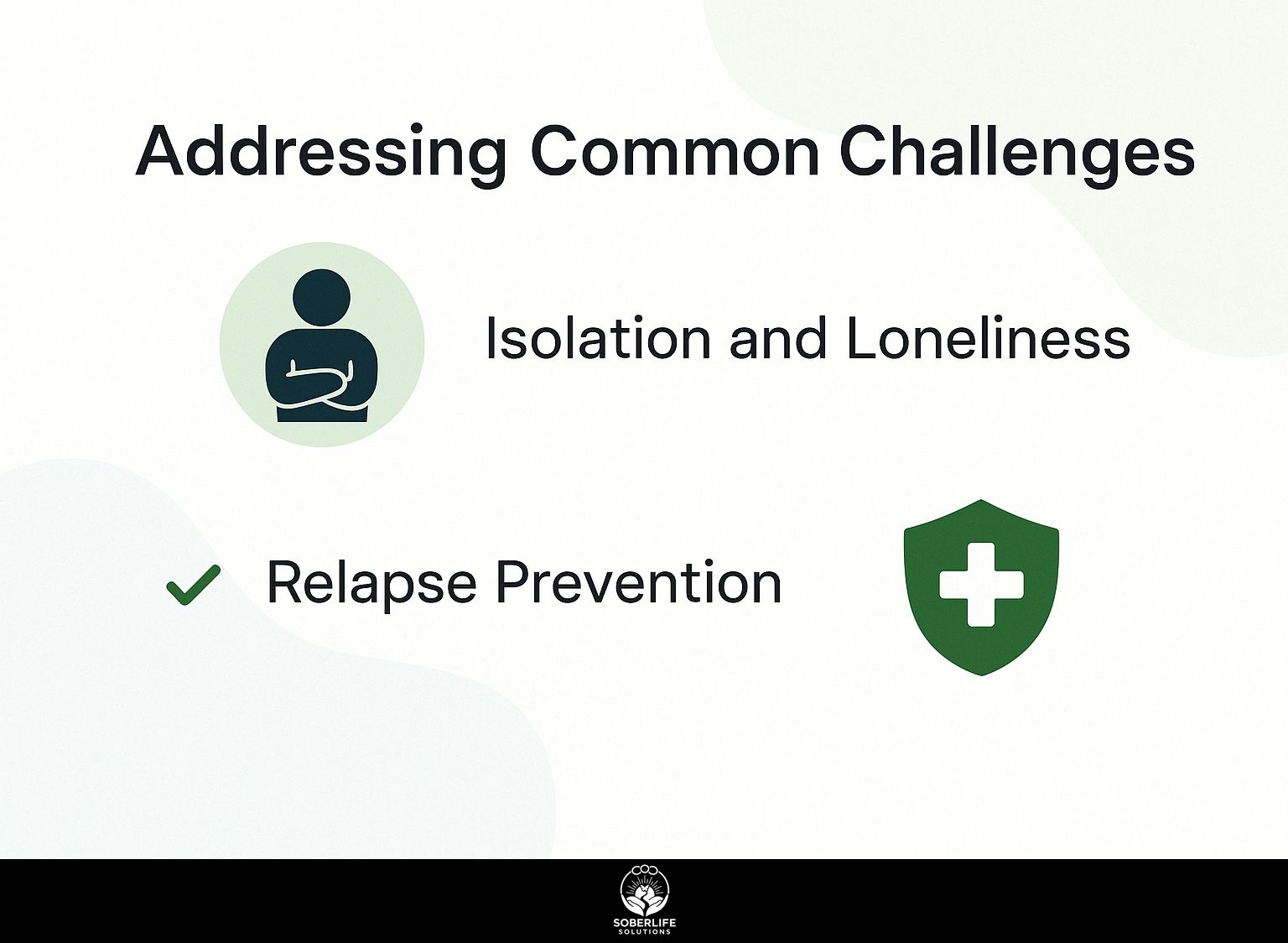
A.A. members often deal with issues like feeling alone and the possibility of slipping back, requiring effective plans to handle these problems. To effectively address these challenges, many members focus on the importance of developing a relapse prevention plan that includes tailored strategies to prevent setbacks.
Isolation and Loneliness
Isolation and loneliness can significantly hinder recovery, but active participation in A.A. meetings provides critical social support.
Regularly attending A.A. meetings can make a substantial difference in recovery. To maximize engagement, set a goal to attend at least one meeting per week.
Introduce yourself to others and share your experiences to build connections. After meetings, consider arranging informal gatherings such as coffee or lunch with fellow members.
Follow up with a text or call to check in on each other’s progress. This strengthens your group of supporters and helps fight loneliness, improving mental health and recovery results.
Relapse Prevention
Successful strategies to prevent relapse are important parts of A.A. meetings, providing members with ways to handle triggers and stress.
Key strategies include identifying personal triggers, developing a detailed action plan, and establishing a support network.
Identifying triggers helps members recognize high-risk situations-such as specific places or emotions. They then create action plans to manage these triggers effectively, listing coping techniques like deep breathing or calling a sponsor.
Joining a support group helps keep people responsible; research shows that attending A.A. meetings can lower relapse rates to around 30%, compared to 70% for those who don’t join, according to findings by the Whole Health Library, which discusses methods for reducing relapse risk.
Using these methods helps build strength and increases the likelihood of staying sober for a long time.
Structure and Format of A.A. Meetings

A.A. meetings are set up to encourage open conversation, personal sharing, and spiritual development for participants. To understand more about the structure of these meetings, you might find our exploration of open vs. closed formats insightful.
Types of Meetings
A.A. offers various meeting types, including open, closed, discussion, and speaker meetings, each serving unique purposes for attendees.
Open meetings are available to anyone interested in Alcoholics Anonymous. They are perfect for new people looking for help. Closed meetings, conversely, are restricted to those who identify as alcoholics, providing a safe space for sharing personal experiences.
Discussion meetings focus on certain subjects, letting members participate actively. Speaker meetings have one or two people sharing their recovery stories to motivate those attending.
Knowing these formats allows people to select the meeting style that fits their need for help, privacy, or sharing information. Understanding these formats and their benefits is crucial, as explored by the VA Whole Health Library in their discussion on recovery-oriented mutual self-help groups.
Role of the Chairperson
The chairperson plays a key role in leading A.A. meetings, ensuring discussions are helpful and respectful.
To effectively manage the meeting, the chairperson should first prepare an agenda that outlines topics to discuss, which can include sharing time limits and suggested themes. This promotes a structured environment where members feel encouraged to contribute.
The chairperson needs to be good at handling how the group interacts, guiding discussions to prevent arguments and urging less vocal members to express their ideas.
Practices such as paying attention and summarizing key points can help create a group where everyone feels included and encouraged.
Benefits of Regular Attendance
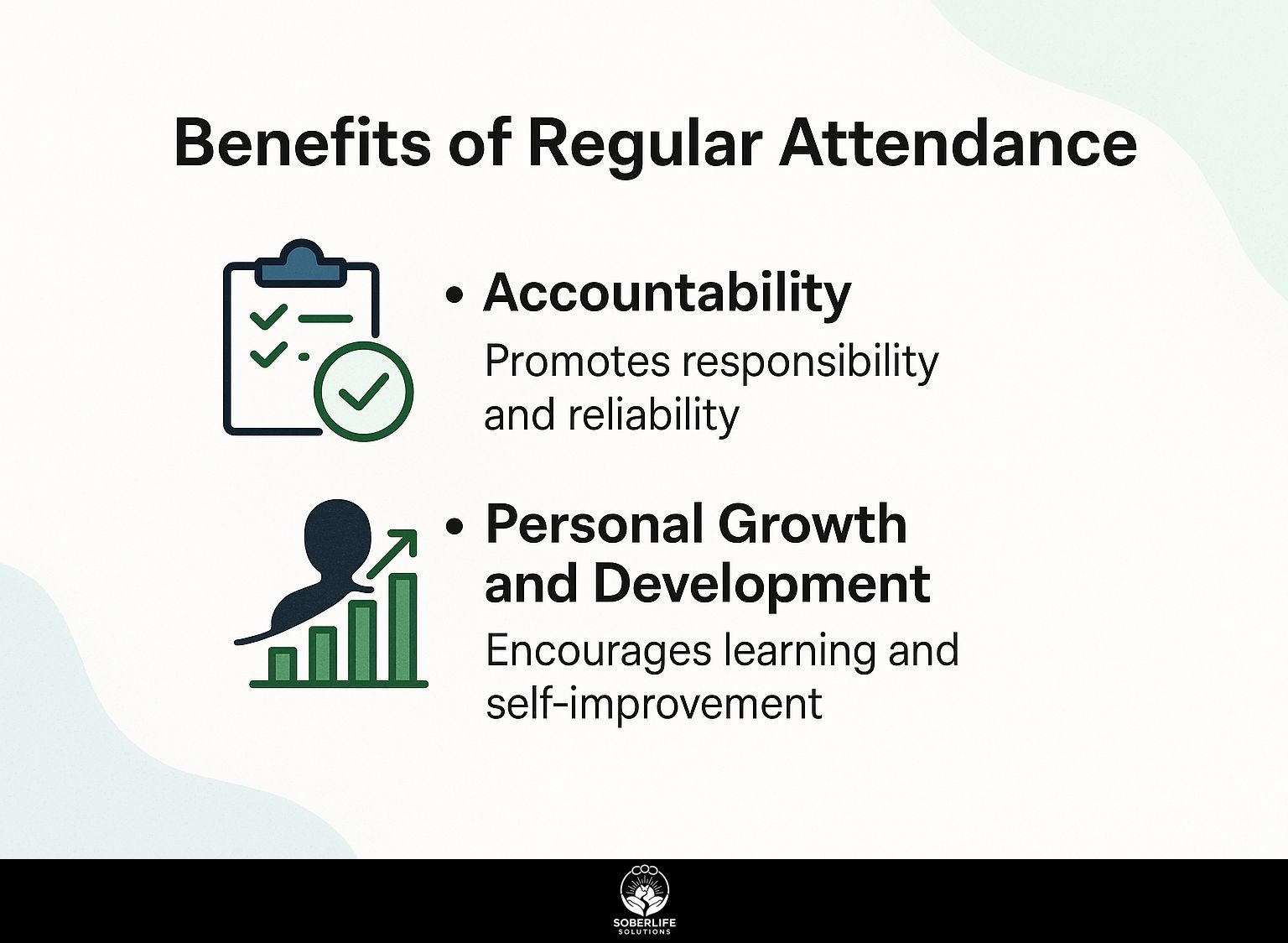
Going to A.A. meetings regularly has many benefits, such as better accountability and chances for personal growth. For a more robust recovery journey, consider the advantages of attending both in-person and online A.A. meetings as mentioned in our insights.
Accountability
Holding each other accountable in A.A. meetings encourages members to stick with their recovery goals by building a feeling of obligation to support each other.
Members often use tools like commitment contracts, where they clearly outline their goals and share them with others, forming an agreement.
Sponsorship plays a critical role, too; pairing newcomers with experienced members provides a consistent support system.
For instance, a study at a local A.A. group showed that those who engaged with committed sponsors reported a 30% higher success rate in achieving their sobriety goals.
These specific methods support regular updates, indicating how each person is doing and where they face challenges.
Personal Growth and Development
A.A. meetings offer a special place for people to improve themselves, helping members think about their progress and change during their recovery.
One significant area of growth is self-awareness. A.A. meetings, where people share personal stories, help people better know their own thoughts and actions.
The ‘Twelve Steps’ provide a structured path for emotional healing, where members confront past traumas and work towards forgiveness.
Doing volunteer work is a good way to help others and improve your own recovery.
Programs like ‘Step Study Groups’ help with this process by encouraging members to work through the steps personally and promote lasting change.
Frequently Asked Questions
What are A.A. meetings and why are they essential for addressing challenges and providing support?
A.A. meetings are groups of people who want help and support for alcoholism and addiction. These meetings provide a safe and supportive environment for individuals to share their experiences, challenges, and successes with others who understand and can offer guidance and support.
Why are A.A. meetings specifically important for addressing challenges related to alcoholism?
A.A. meetings are important for dealing with problems related to alcoholism because they provide a feeling of belonging and shared experiences. By talking with others who have faced similar difficulties, people can feel included and get helpful advice and support.
How do A.A. meetings provide support for individuals struggling with alcoholism?
A.A. meetings offer a structured and non-judgmental environment for individuals to share their stories and receive guidance from others. This support system can make individuals feel less isolated during recovery and offer a sense of responsibility and motivation.
Can A.A. meetings help individuals facing other challenges in addition to alcoholism?
Yes, A.A. meetings can provide support for individuals facing a range of challenges, including mental health issues, relationship problems, and personal struggles. The community and guidance offered in these meetings can benefit individuals in all areas of their lives.
Are A.A. meetings only for individuals who have already achieved sobriety?
No, A.A. meetings are open to anyone who struggles with alcoholism or addiction, regardless of their current level of sobriety. These meetings welcome people at any point in their experience and provide a supportive and friendly setting for everyone.
How can I find an A.A. meeting near me and get involved in the community?
To find an A.A. meeting near you, you can visit the official A.A. website or search for local meetings through a search engine. You can also reach out to a local support group or organization for recommendations. Getting involved in the A.A. community can help you find support, guidance, and accountability on your path to recovery.

